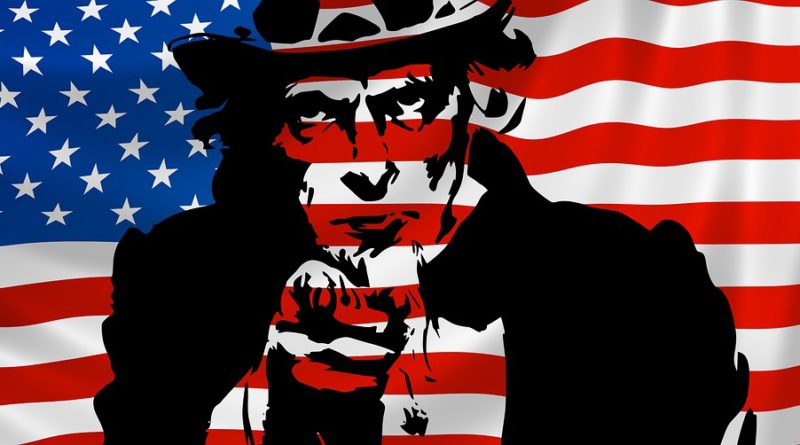Is America’s Democracy Declining?
Winston Churchill once said, “Democracy is the worst form of government, except for all those other forms.” Little did Churchill know the obstacles many of the world’s democracies would face 60+ years later.
As a result of rising xenophobia and authoritarian regimes in 2015, democracy has found itself in decline for the 11th year in a row. The backsliding of democracy has pushed the world into what some scholars call a “democratic recession.” The question of what is next for America in terms of continuing to bear the torch and spread democracy throughout the world has been a concern for Democrats. Throughout history, America has played a pivotal role in advancing global democracy, as well as defending democratic values around the world. Democrats are pointing their fingers at Trump, fearing that, under his leadership, America will abandon its role as defender of global democracy resulting in the decline of America’s influence as a world power.
According to Harvard political Scientist Samuel Huntington, the expansion of democracy has mostly occurred in “Three Waves.” The most recent wave of global democracy began to rise with the fall of the Berlin Wall in 1989 and began to fizzle out in 2005 after the United States failed to find weapons of mass destruction in Iraq. Huntington points out “the United States is in decline and democracy is limited to Western cultures.” Supporting Huntington’s assessment, American political scientist, Francis Fukuyama saw the invasion of Iraq, as proof democracy cannot be instilled in a country with a previous form of government.
When America invaded Iraq in 2003, the mission seemed simple enough: topple Saddam Hussein’s regime; instill democracy; give the country back to the people of Iraq; and go home. However, what ensued was eight years of turmoil, casualties, and cultural confusion. For some, the Iraq War was a failure and evidence that democracy was a figleaf for American imperialism; for others, it showed America’s advocacy for democratization was merely a recipe for instability. Regardless, America’s mission to promote democracy was tarnished immensely during the Iraq war. (Note: This is a very basic watered-down version of the Iraq War. For the unabridged version, read this.)
Between 2001 and 2015, democracy flatlined in 27 different countries, giving way to rising concerns of democratic political stability, especially in the aftermath of Trump’s victory. The reason Trump’s win has caused such an outrage throughout the country is because Americans are conflicted. On one hand they exhibit a great disdain for DC and want to “drain the swamp,” but on the other they continue to want a great deal from their government. This in and of itself is a dangerous and unstable mixture, which can cause the government to overburden and overextend itself and the contempt robs it of its legitimacy.
Since Trump’s win, the world has borne witness to a sounding board of battle cries, Facebook posts, Twitter threats, and a rise in safety pin stocks. The question of what democracy looks like under Trump is about as clear as mud. A major red flag for many in terms of a democracy under Trump was seen in an interview with Meet the Press back in October when Trump said the Middle East would be more stable if Saddam Hussein or Muammar Qaddafi were still in power. During the election, Trump pledged to “abandon the failed policy of nation building and regime change.” In a nutshell, Trump has suggested the Middle East would be better off with autocratic rulers in place (Assad, you can keep your power), Ukraine may have 99 problems and none of them are America’s (#sorrynotsorry), and lastly, he believes Putin would make a good ally (Putin & Trump BFF). It is no wonder Americans are preparing to say, “Goodbye Democracy, it’s been fun.”
The reality is, Trump may not have been everyone’s top choice to move into 1600 Pennsylvania Avenue, but the election is over and it is time to come together. In the words of Lincoln, “a house divided cannot stand.” During what may seem like a long arduous transition from president Obama to president Trump, it is important to find solace knowing the question of American democracy’s longevity is not new. Rather, the Founding Fathers expressed their reservations on the public’s ability to maintain democratic norms and believed the only way to ensure political stability was through a system of checks and balances.
There is no question America has found itself at a pivotal time, with democracy on the decline. On the bright side, democracy while it may rise to existential challenges such as a Trump presidency, it is far better equipped at finding a creative solution to deal with the challenges America will face in the next four years. While America may take a minute to regain balance after the inauguration, know the resilience of this great nation has endured much harder times.

